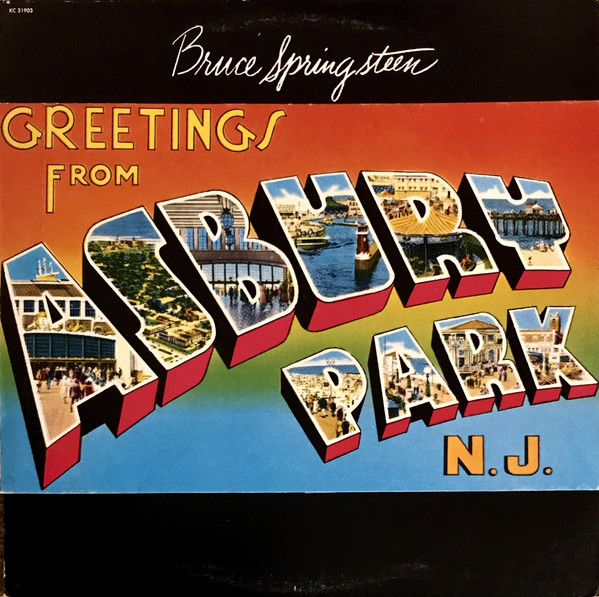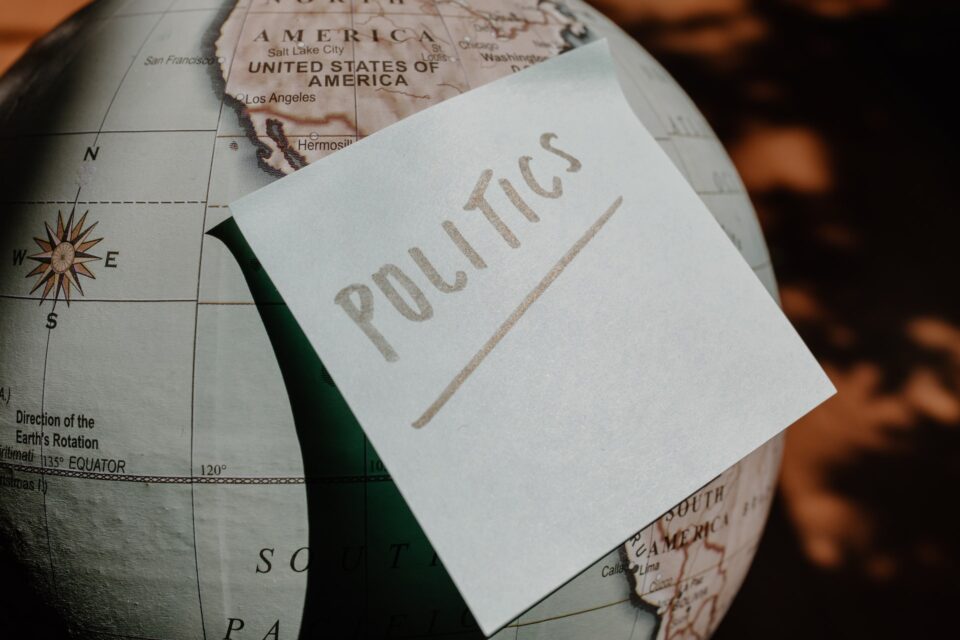
Here’s Why You Should Care About the DOE’s Poor Oversight of Asbury Park (Plus, Three Bonus Rumors)
January 12, 2021
“They Tell Us to Mark Them Present Even if They’re Not Here”: How Many Newark Students Are Showing Up?
January 13, 2021In NJ, Taxpayers Pay Teachers Who Are Full-Time Union Lobbyists. Is That Legal?
Should New Jersey’s taxpayers—strained under one of the heaviest tax burdens in the country—be paying public school teachers not to teach? The New Jersey Supreme Court will soon decide whether taxpayers should be required to pay for public employees to work solely for their unions, rather than the jobs they were hired to do.
Most assume that tax dollars go toward public goods—maintaining roads, ensuring safety and funding schools. But you don’t have to look hard to find taxpayer dollars going to private interests. Take “release time,” in which government workers are paid not to perform the jobs they were hired to do, and instead to work full-time for private labor unions—all while still receiving their full taxpayer-funded salaries and benefits.
Unfortunately, those entrusted with the care and education of children are often the worst abusers of release time. The New Jersey case involves release-time provisions in a collective-bargaining agreement between the Jersey City Board of Education and its teachers union. In that contract, the school board has agreed to pay the salaries of two full-time teachers to work exclusively for the union. While on release time, these teachers engage in political activities, negotiate higher wages and benefits, solicit new union members, attend union conferences and meetings, and file costly grievances against the district.
Fortunately, both state law and the New Jersey Constitution prohibit this arrangement. Under state law, the Legislature must expressly authorize a public expenditure like release time before a school board can include it in a contract. The Legislature never did that in this case, and the school board was not authorized to sign off on its own.
Like the constitutions of nearly every other state, New Jersey’s Constitution includes a “gift clause” prohibiting the government from giving public resources to private parties. So when the Jersey City School Board provides paid release time for two teachers to engage in private union activities, the Board is violating the state constitution’s gift clause.
And release time isn’t unique to New Jersey. Goldwater Institute research shows that the practice exists across the country at all levels of government. After looking at the practices of 150 jurisdictions, the institute was able to document more than 400,000 hours of paid release time every year. Even worse, many governments don’t track union release time hours at all, meaning the practice is more extensive and costly than most taxpayers and many government agencies know.
Tax dollars should be spent to advance the public interest, not private, special interests. The New Jersey Constitution requires as much. The state Supreme Court has a unique opportunity to uphold a vital principle in this case, which will bear on future cases in which local politicians use public money to advance private interests.
Jon Riches is director of national litigation at the Goldwater Institute. Justin Meyers is an attorney with the Law Offices of G. Martin Meyers, P.C. of Denville, N.J. They represent Jersey City taxpayers in their challenge to release time. This post first appeared in the Wall Street Journal.




Real Social Justice Warriors Would Keep This Test
Read more